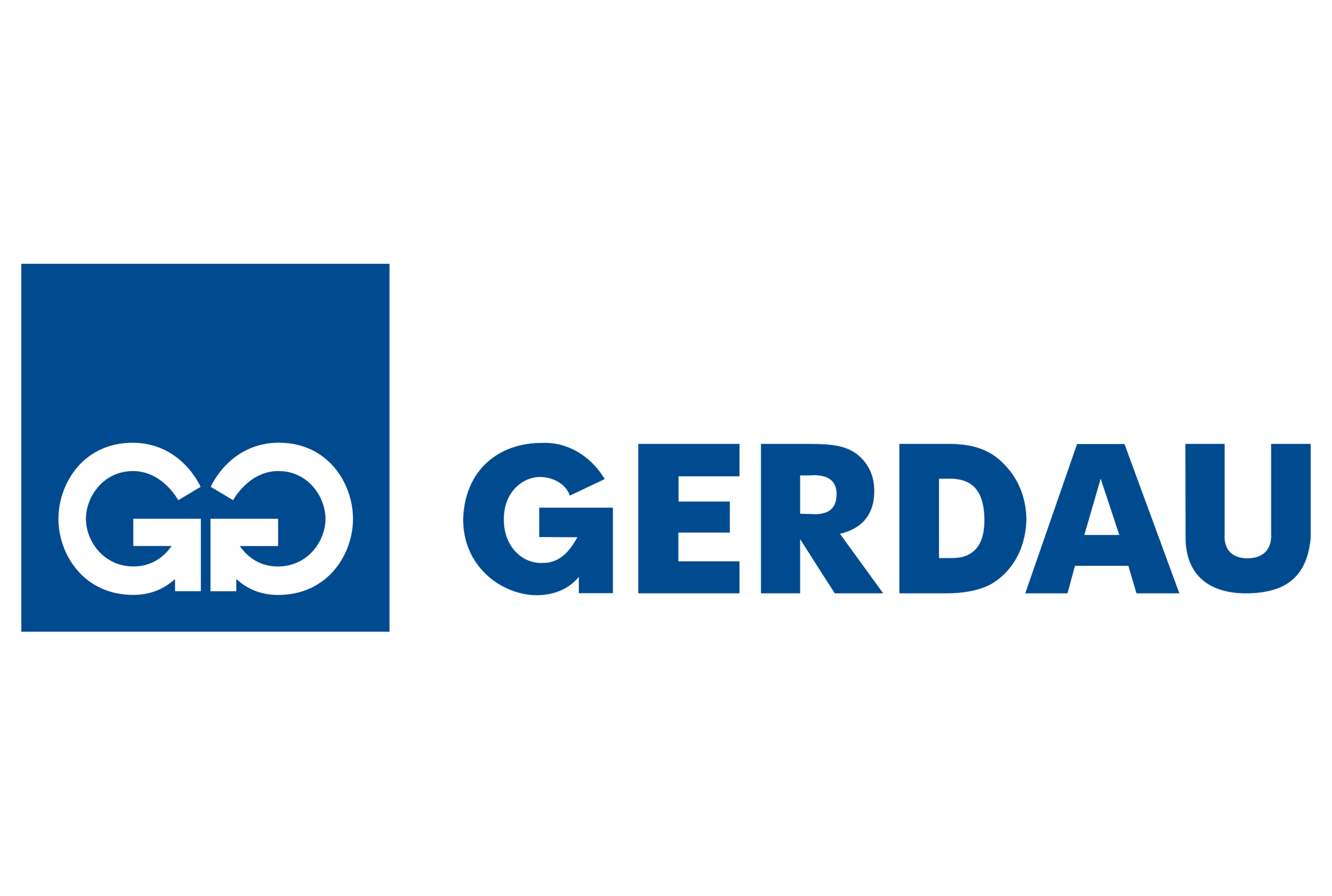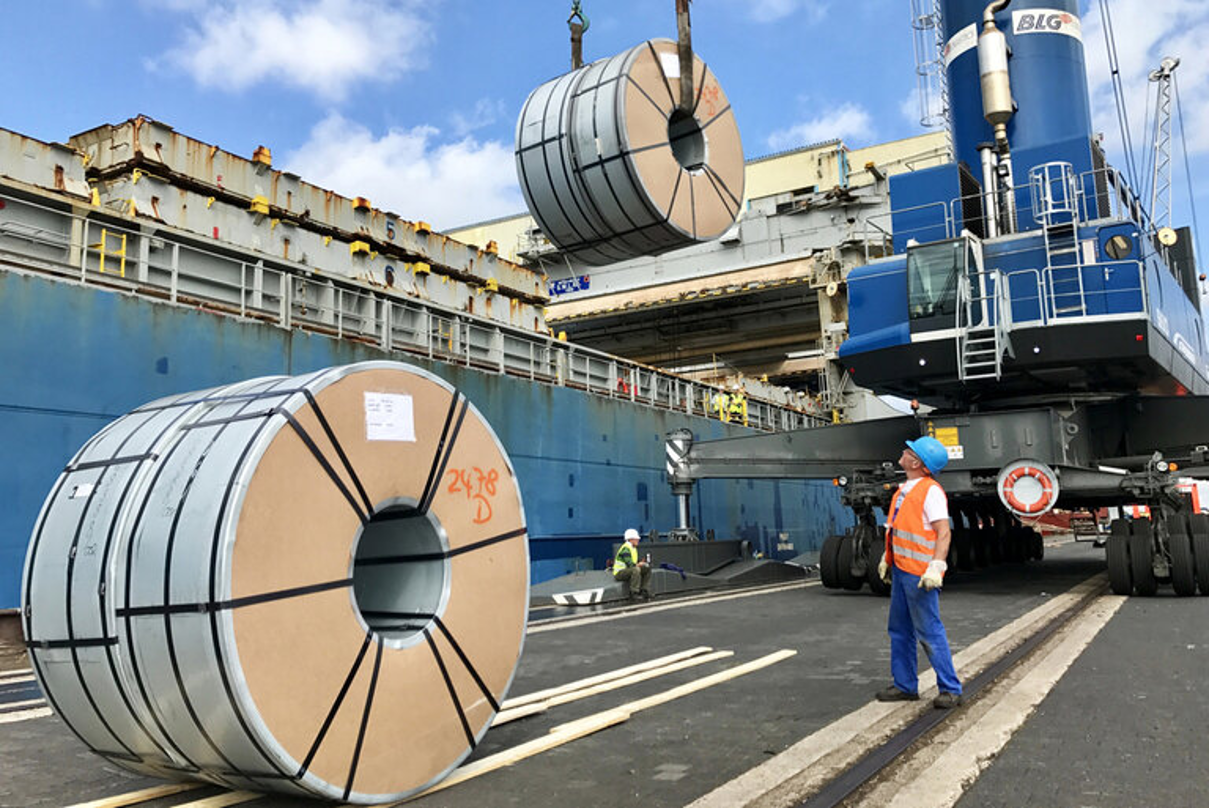Canada
December 5, 2024
Canada self-initiates coated trade case against Turkey's Borçelik
Written by Laura Miller
Canada has launched its own investigation into the dumping of corrosion-resistant steel sheet.
Unlike the sprawling coated case underway in the US, this one will look at coated imports from just one country and company.
On Thursday, the Canada Border Services Agency (CBSA) said it is self-initiating an inquiry to determine if Turkey’s Borçelik Çelik Sanayi Ticaret A.Ş. (Borçelik) is undercutting Canadian prices for corrosion-resistant (CORE) steel.
The Canadian International Trade Tribunal (CITT) will issue an initial injury ruling by Feb. 3, 2025, and CBSA’s preliminary dumping margin decision will come by March 5, 2025.
The agency said it had not received a formal complaint from the Canadian steel industry. However, “the evidence before it indicates the following:
- lost sales
- price depression
- price undercutting
- an increase in the volume of dumped imports
- the propensity to dump
- volatile international market conditions and the attractiveness of the Canadian market
- impacted financial results of the domestic industry
- the threat to continuous investments, further price depression or suppression, and product shifting.”
CBSA said it was able to identify the concerns as part of an early-monitoring system that began this year as a federal budget initiative. The agency established its dedicated Market Watch Unit “to monitor and update trade remedy measures annually, to protect Canadian workers and businesses from unfair trade practices, and ensure greater transparency and market predictability.”
CBSA self-initiating a case is not common but also not unprecedented. It did so in 2020 to look at rebar imports from Oman and Russia. That was the first time in over 25 years, according to the Cassidy Levy Kent law firm.
In CBSA’s investigation announcement, it noted the three Canadian producers of CORE are ArcelorMittal Dofasco, Stelco Inc., and Material Sciences Corp. It estimated Canada’s market for CORE sheet to be ~$1.4 billion annually.
It also noted that Canada has two “other special import measures” in place for CORE imports from Taiwan, China, India, South Korea, Turkey and Vietnam. While there are some anti-dumping and countervailing duties on Turkish CORE, Borçelik’s shipments are currently excluded from them.







